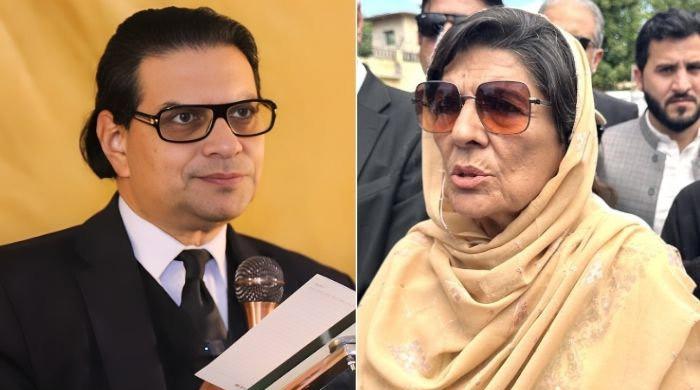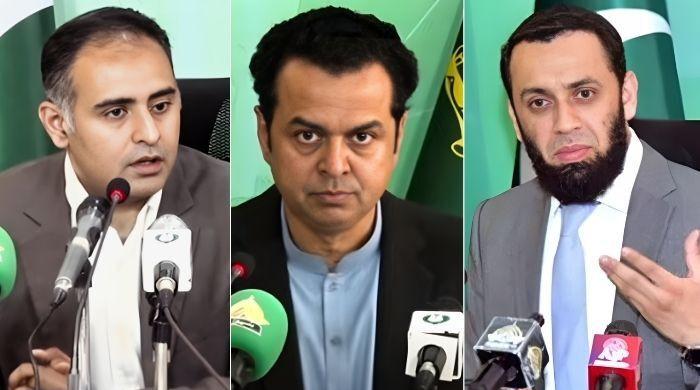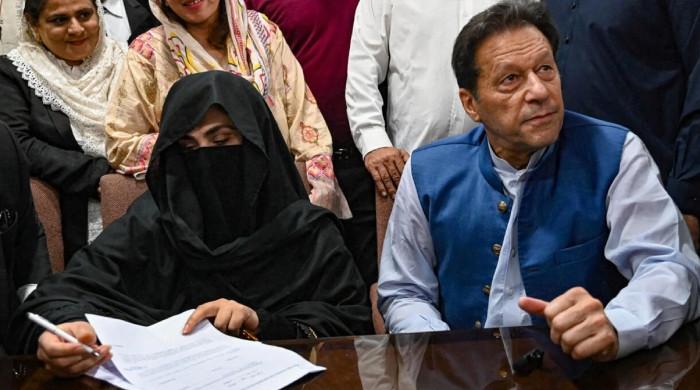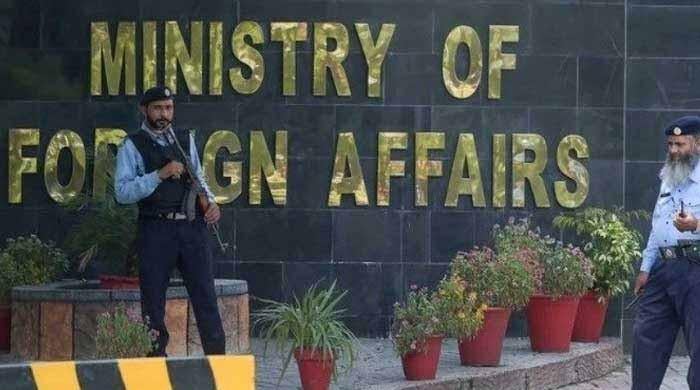Report recommends steps to strengthen Pakistan's anti-corruption drive
RUSI report identifies opportunities for Pakistan to drive up the integrity of its financial system
May 25, 2019

LONDON: A new report by Britain’s Royal United Services Institute (RUSI) has identified the opportunities for Pakistan to drive up the integrity of its financial system, enabling the country’s leadership to address decades of illicit financial activity by taking steps to stem the flow of proceeds of corruption siphoned off outside Pakistan.
The RUSI report recommended firm action against hawaladars operating illegally and promote dialogue to address the mismatch in priorities between international stakeholders such as the UK government, which is concerned about the role of Pakistan-based organised crime in drug trafficking, and Pakistani authorities, which view the UK as a magnet for corruption proceeds.
It said that the State Bank of Pakistan and the Securities and Exchange Commission of Pakistan should clarify ‘the interaction between tax and Anti-Money Laundering (AML) rules’.
The report relied on reports of Pakistani government stating that substantial funds have been corruptly misappropriated from Pakistan by government officials and transferred abroad.
Entitled “Security Through Financial Integrity: Mending Pakistan’s Leaky Sieve”, the RUSI report suggested that the country’s financial system is “the first line of defence against the exfiltration of corruption proceeds from Pakistan” while calling for “holistic anti-corruption strategies” that are informed by an understanding of the vulnerabilities in Pakistan’s financial sector.
The report identified the need to publish statistics on enforcement actions that Pakistan’s government takes against regulated businesses because of financial crime failings. Greater enforcement action is also recommended against informal value-transfer systems, better known as hawala or hundi.
The report identifies a “mismatch in Pakistani and international illicit finance-related priorities” where the international Financial Action Task Force (FATF) priorities lay in counter terrorist finance, whereas Pakistani policymakers feel the proceeds of corruption siphoned outside the country should have greater relevance.
It said the mismatch in priorities is also seen in the UK-Pakistan relationship. With the UK “universally seen as an enabler of corruption in Pakistan”, the paper calls for an “open recognition of each other’s interests and priorities can provide an impetus for more effective cooperation both on corruption, which is of primary concern to Pakistan, and on organised criminal activities that the UK is anxious to address”.
The United Arab Emirates and Dubai, in particular, is also frequently referred to, in the report, as a potent magnet for Pakistani money. The report suggested that the Pakistani government “should seek a coalition of international support for pressing greater responsibility and accountability from the government of the UAE for facilitating illicit financial flows from Pakistan, in particular in view of the FATF’s upcoming evaluation of the UAE in 2019”.









